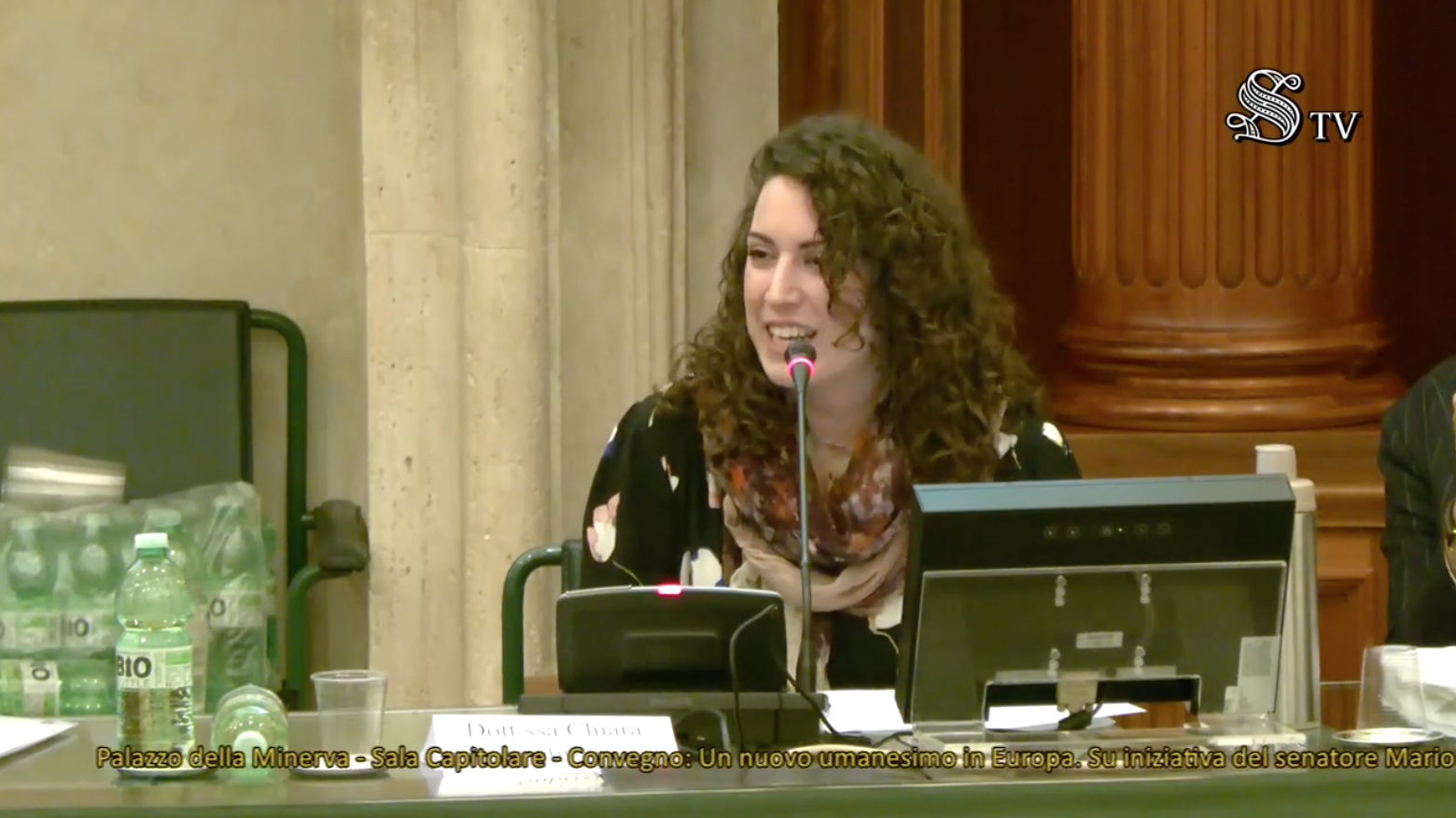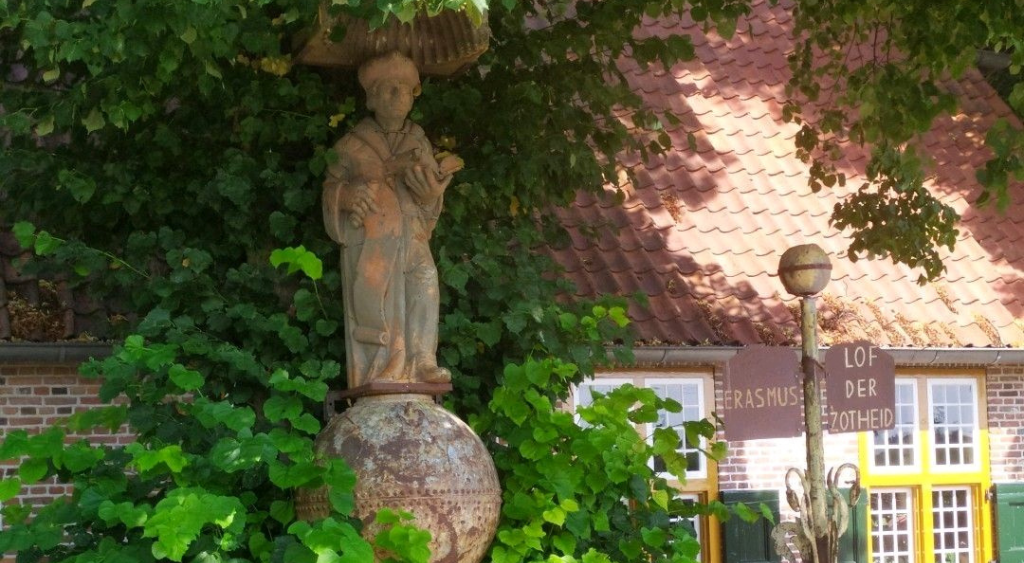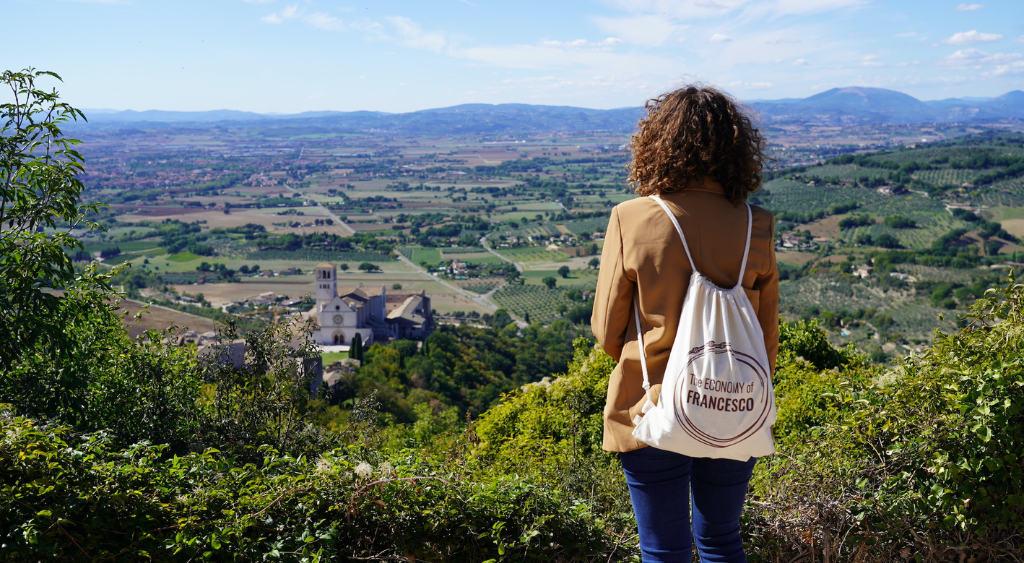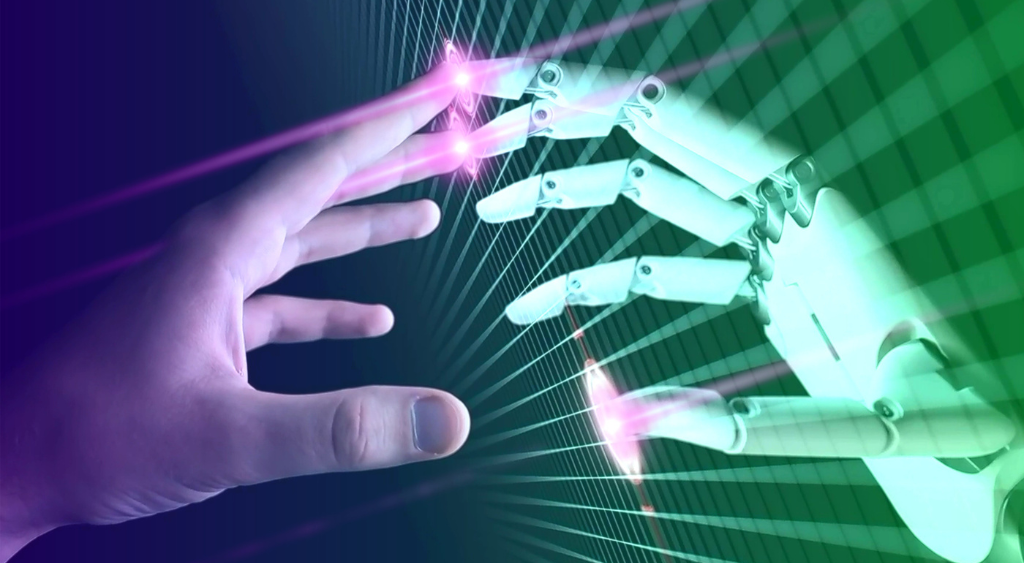Artículos presentados en el primer Congreso Internacional sobre la Economía de Francisco en América Latina y el Caribe
Ante la necesidad de trasladar la propuesta de Economía de Francisco al continente latinoamericano y caribeño, los jóvenes crearon la Red Latinoamericana de Economía de Francisco y estos mismos jóvenes decidieron realizar el Congreso Internacional de la Economía de Francisco en América Latina y el Caribe, con el objetivo de crear puentes, conectar propuestas y establecer vínculos entre la teoría y la práctica sobre la economía del mañana.














